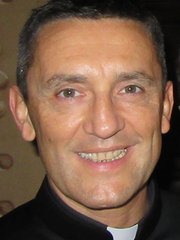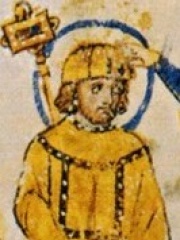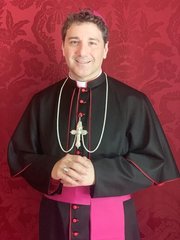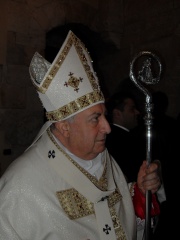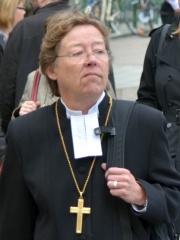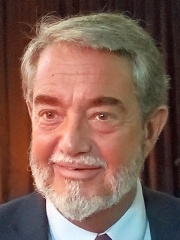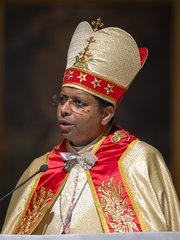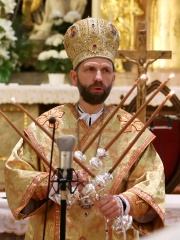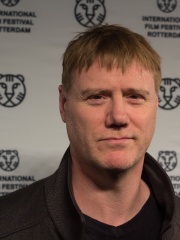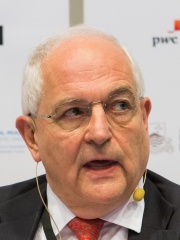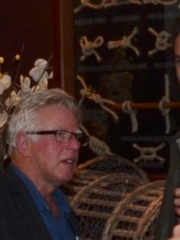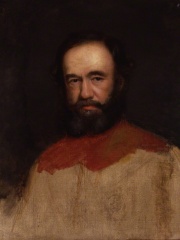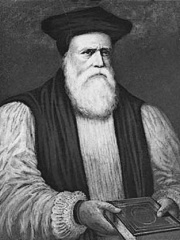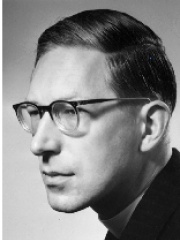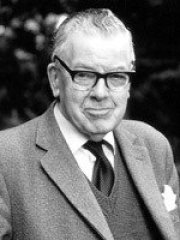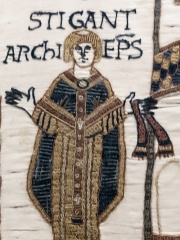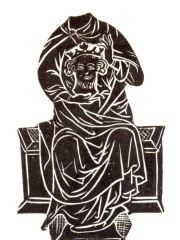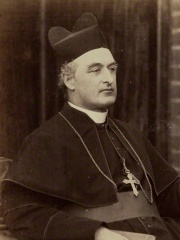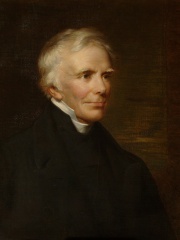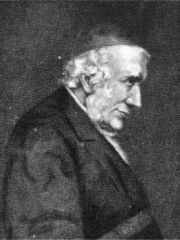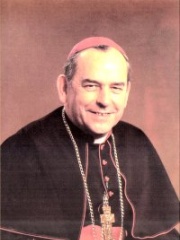Religious Figure
Saint Piran
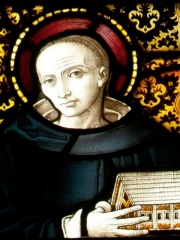
 Saint Piran
Saint Piran
Piran or Pyran (Cornish: Peran; Latin: Piranus), died c. 480, was a 5th-century Cornish abbot and saint, possibly of Irish origin. He is the patron saint of tin-miners, and is also generally regarded as the patron saint of Cornwall, although Michael and Petroc also have some claim to this title. The consensus of scholarship has identified the "Life" of Piran as a copy of that of the Irish saint Ciarán of Saigir with the names changed. Read more on Wikipedia
His biography is available in 17 different languages on Wikipedia (up from 15 in 2024). Saint Piran is the 3,079th most popular religious figure (down from 3,020th in 2024), the 5,992nd most popular biography from United Kingdom (down from 5,754th in 2019) and the 117th most popular British Religious Figure.
Memorability Metrics
Page views of Saint Piran by language
Among Religious Figures
Among religious figures, Saint Piran ranks 3,079 out of 3,187. Before him are Giovanni Cesare Pagazzi, Berel Lazar, Theophylact, Frank Leo, Salvatore Nunnari, and Gerald Emmett Carter. After him are John Hagee, Eva Brunne, Scott Hahn, George Koovakad, Jose Tomas Sanchez, and Péter Fülöp Kocsis.
Most Popular Religious Figures in Wikipedia
Go to all RankingsGiovanni Cesare Pagazzi
1965 - Present
HPI: 49.95
Rank: 3,073
Berel Lazar
1964 - Present
HPI: 49.86
Rank: 3,074
Theophylact
793 - 849
HPI: 49.86
Rank: 3,075
Frank Leo
1971 - Present
HPI: 49.80
Rank: 3,076
Salvatore Nunnari
1939 - Present
HPI: 49.75
Rank: 3,077
Gerald Emmett Carter
1912 - 2003
HPI: 49.60
Rank: 3,078
Saint Piran
HPI: 49.48
Rank: 3,079
John Hagee
1940 - Present
HPI: 49.47
Rank: 3,080
Eva Brunne
1954 - Present
HPI: 49.43
Rank: 3,081
Scott Hahn
1957 - Present
HPI: 49.38
Rank: 3,082
George Koovakad
1973 - Present
HPI: 49.37
Rank: 3,083
Jose Tomas Sanchez
1920 - 2012
HPI: 49.37
Rank: 3,084
Péter Fülöp Kocsis
1963 - Present
HPI: 49.26
Rank: 3,085
In United Kingdom
Among people born in United Kingdom, Saint Piran ranks 5,994 out of 8,785. Before him are Steven Waddington (1968), R. S. Thomas (1913), Andy Sneap (1969), Martin Wolf (1946), Aslı Enver (1984), and Phil Davis (1953). After him are Norman Whiteside (1965), Simon Kirke (1949), Sabine Baring-Gould (1834), William Moseley (1987), Sir James Outram, 1st Baronet (1803), and Steve Toussaint (1965).
Others born in United Kingdom
Go to all RankingsSteven Waddington
ACTOR
1968 - Present
HPI: 49.49
Rank: 5,988
R. S. Thomas
WRITER
1913 - 2000
HPI: 49.49
Rank: 5,989
Andy Sneap
MUSICIAN
1969 - Present
HPI: 49.49
Rank: 5,990
Martin Wolf
ECONOMIST
1946 - Present
HPI: 49.49
Rank: 5,991
Aslı Enver
ACTOR
1984 - Present
HPI: 49.48
Rank: 5,992
Phil Davis
ACTOR
1953 - Present
HPI: 49.48
Rank: 5,993
Saint Piran
RELIGIOUS FIGURE
HPI: 49.48
Rank: 5,994
Norman Whiteside
SOCCER PLAYER
1965 - Present
HPI: 49.48
Rank: 5,995
Simon Kirke
MUSICIAN
1949 - Present
HPI: 49.47
Rank: 5,996
Sabine Baring-Gould
WRITER
1834 - 1924
HPI: 49.46
Rank: 5,997
William Moseley
ACTOR
1987 - Present
HPI: 49.46
Rank: 5,998
Sir James Outram, 1st Baronet
MILITARY PERSONNEL
1803 - 1863
HPI: 49.46
Rank: 5,999
Steve Toussaint
ACTOR
1965 - Present
HPI: 49.45
Rank: 6,000
Among Religious Figures In United Kingdom
Among religious figures born in United Kingdom, Saint Piran ranks 117. Before him are William Morgan (1547), J. I. Packer (1926), F. F. Bruce (1910), Stigand (null), Æthelberht II of East Anglia (800), and Herbert Vaughan (1832). After him are Myles Coverdale (1488), John Keble (1792), Edward Bouverie Pusey (1800), Cahal Daly (1917), and Tomás Ó Fiaich (1923).
William Morgan
1547 - 1604
HPI: 51.06
Rank: 111
J. I. Packer
1926 - 2020
HPI: 50.51
Rank: 112
F. F. Bruce
1910 - 1990
HPI: 50.37
Rank: 113
Stigand
HPI: 50.19
Rank: 114
Æthelberht II of East Anglia
800 - 794
HPI: 50.17
Rank: 115
Herbert Vaughan
1832 - 1903
HPI: 49.96
Rank: 116
Saint Piran
HPI: 49.48
Rank: 117
Myles Coverdale
1488 - 1569
HPI: 49.23
Rank: 118
John Keble
1792 - 1866
HPI: 48.95
Rank: 119
Edward Bouverie Pusey
1800 - 1882
HPI: 48.41
Rank: 120
Cahal Daly
1917 - 2009
HPI: 46.66
Rank: 121
Tomás Ó Fiaich
1923 - 1990
HPI: 45.64
Rank: 122
